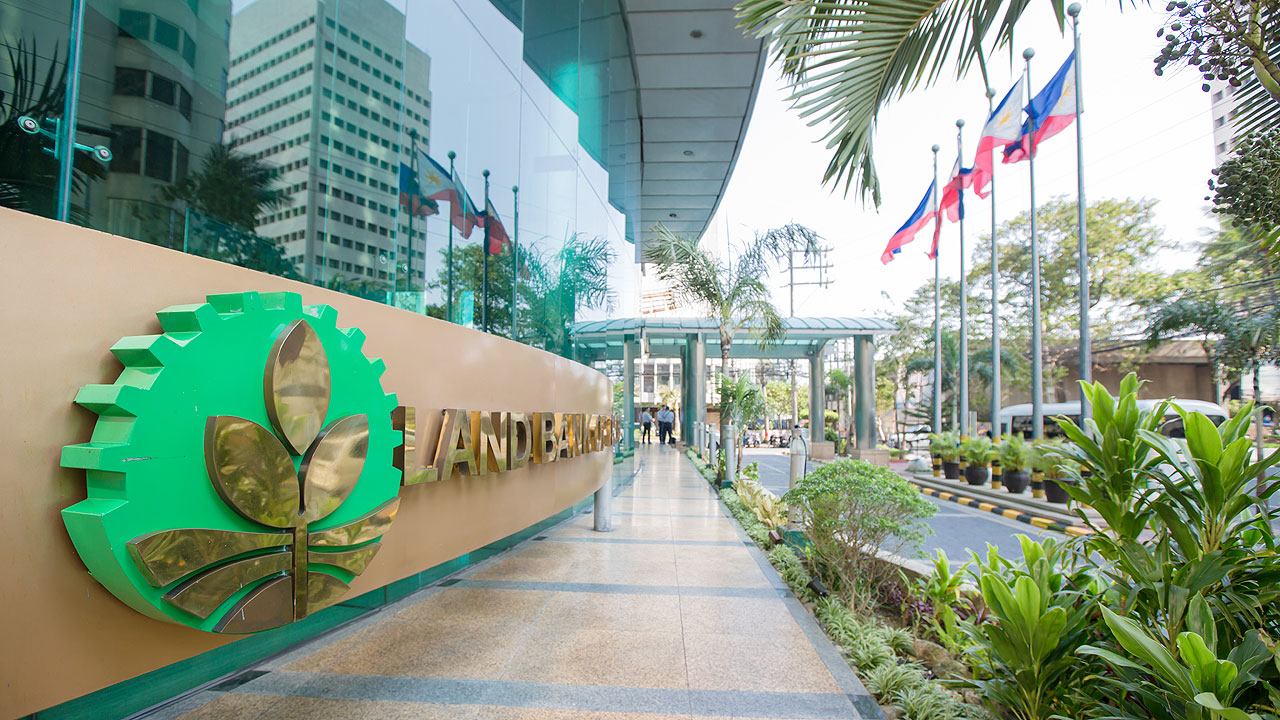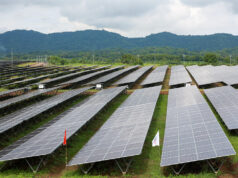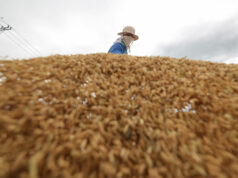LANDBANK agri loans up 15.5% to P257.7B

LAND BANK of the Philippines (LANDBANK) reported that its loans to the agriculture sector climbed to P257.7 billion as of end-June, or a 15.5% increase from the same period in the previous year.
“LANDBANK stands ready to extend accessible credit to all agri players to boost the country’s food production and supply. We will continue ramping up our lending activities in full support of the new administration’s agricultural modernization agenda,” LANDBANK President and Chief Executive Cecilia C. Borromeo said in a statement.
Of the total outstanding loans, P163.1 billion was allocated to small, medium, and large agribusiness enterprises.
A total of P57 billion went to agri-aqua related projects of local government units and government-owned and -controlled corporations.
The remaining P37.5 billion was distributed to small farmers and fishers, including those channeled through cooperatives, farmers’ associations, and rural financial institutions.
The loans were used to finance livestock, crops and fisheries production and agri-processing and trading of rice, corn, and sugarcane, among others.
It also funded the construction and improvement of agriculture infrastructure, including public markets, farm-to-market roads, warehouses, cold storages, irrigation systems, and slaughterhouses.
The state-run bank is also currently offering an agri-mechanization financing program as part of the administration’s long-term goal to modernize agricultural production.
“The program is designed to promote mechanization of production and post-production processes, from planting to harvesting and processing, thereby increasing efficiency, reducing post-harvest losses and lowering production costs,” LANDBANK said.
As of end-June, the program has supported 53 micro and small enterprises and cooperatives with cumulative loan releases worth P681.5 million.
It has also extended a total of P13.3 billion to 247,591 borrowers under its collaboration with the Department of Agriculture.
LANDBANK said it is “committed to servicing the development requirements of small farmers, fishers, and other key players in the agri-business value chain.” — Luisa Maria Jacinta C. Jocson



